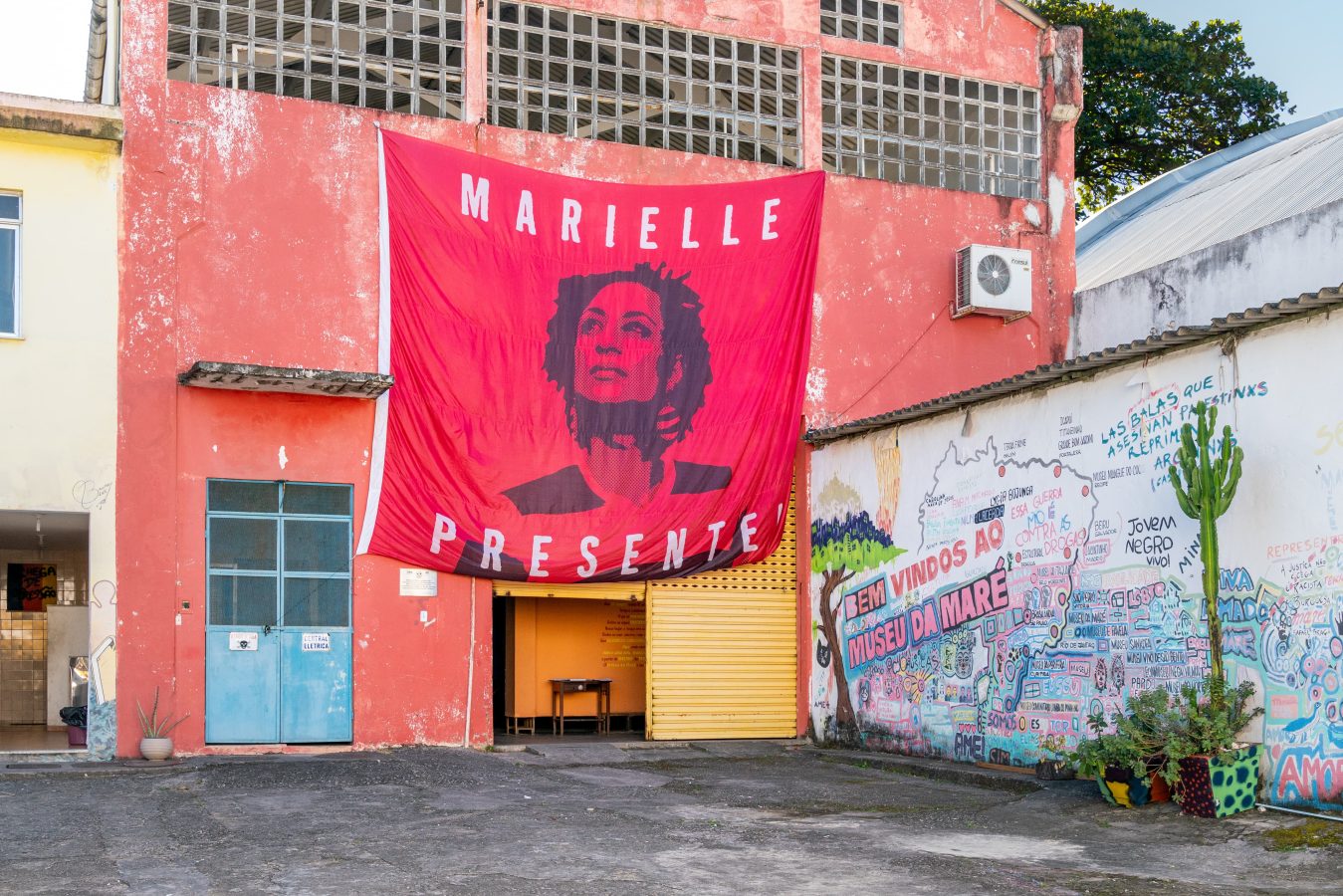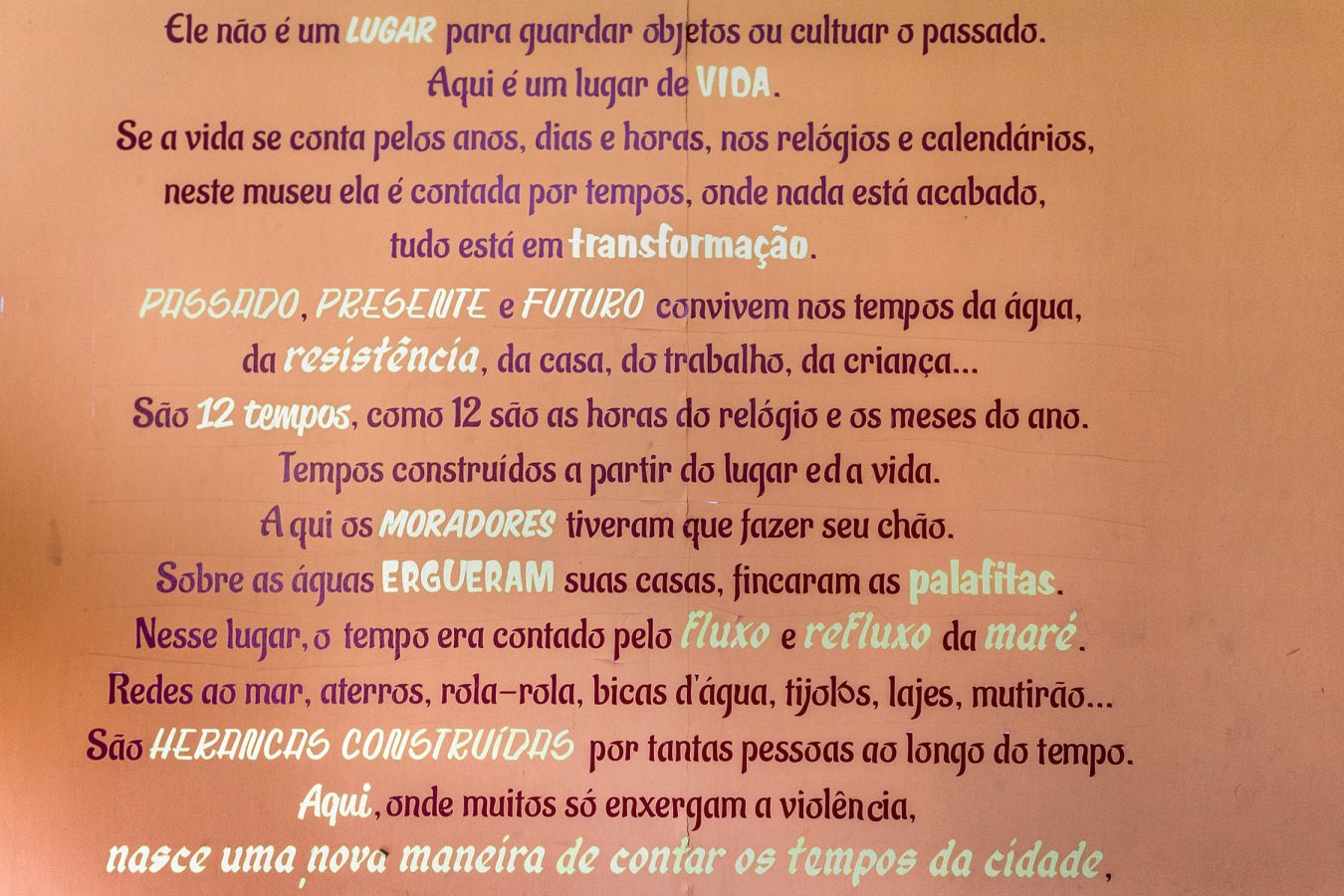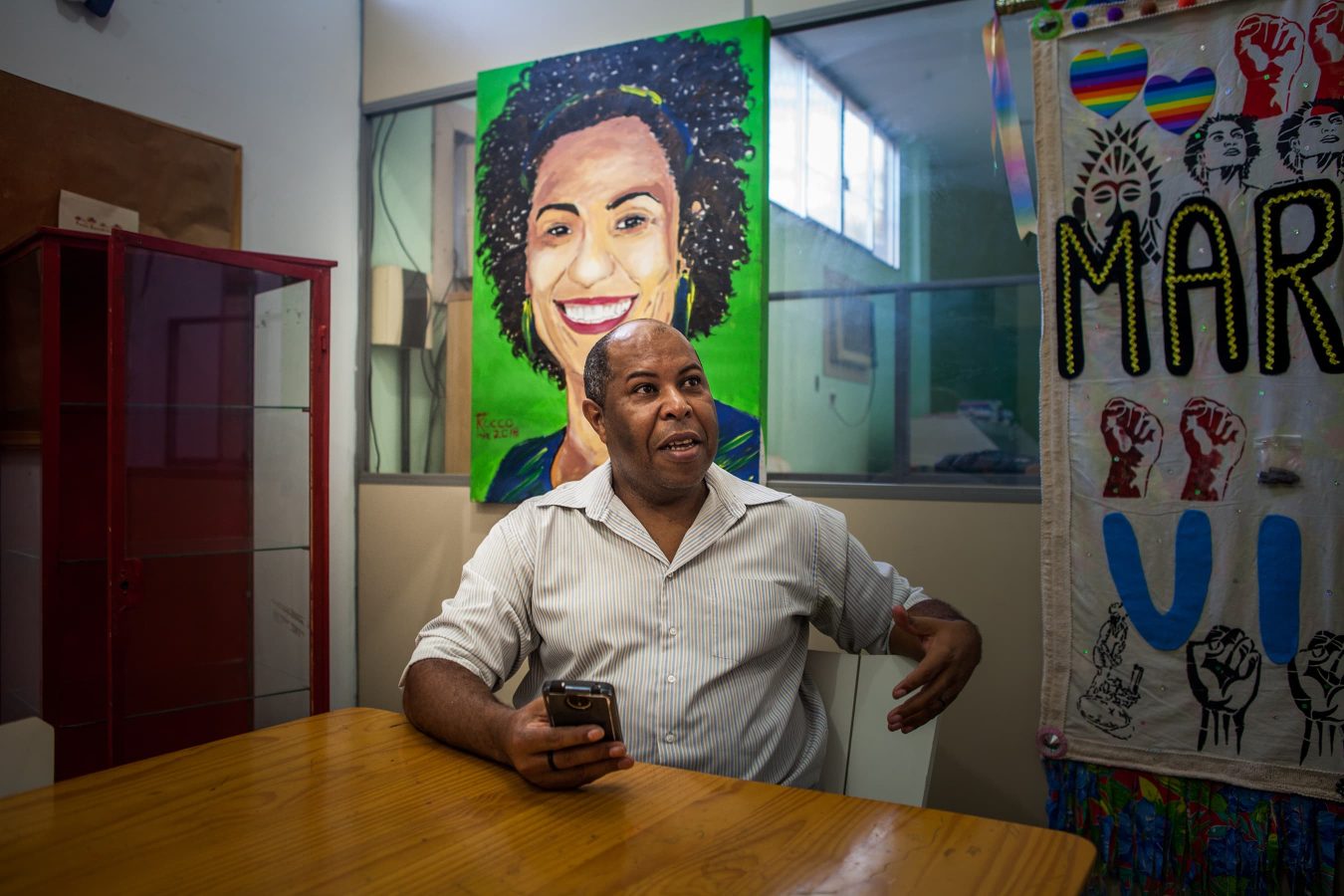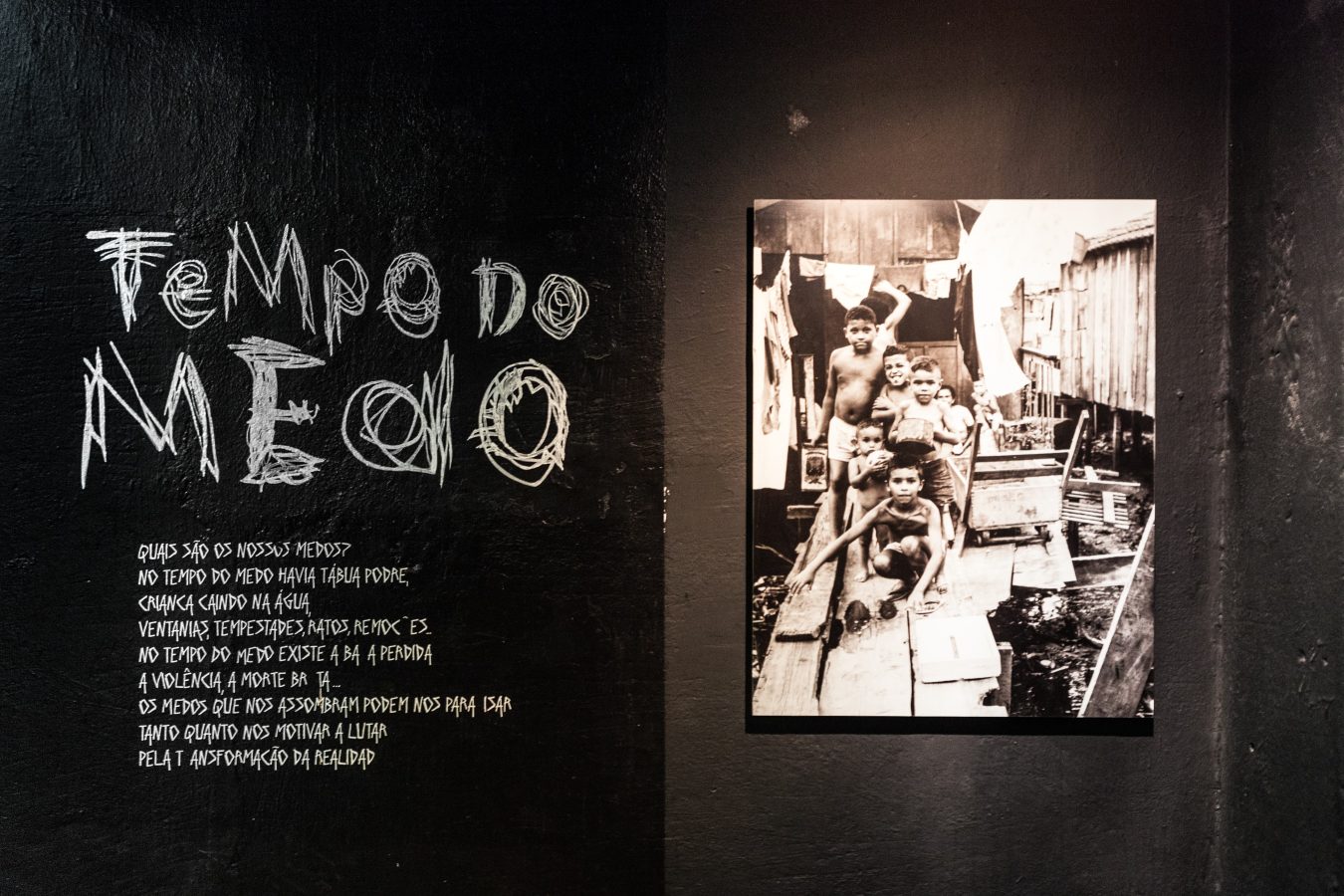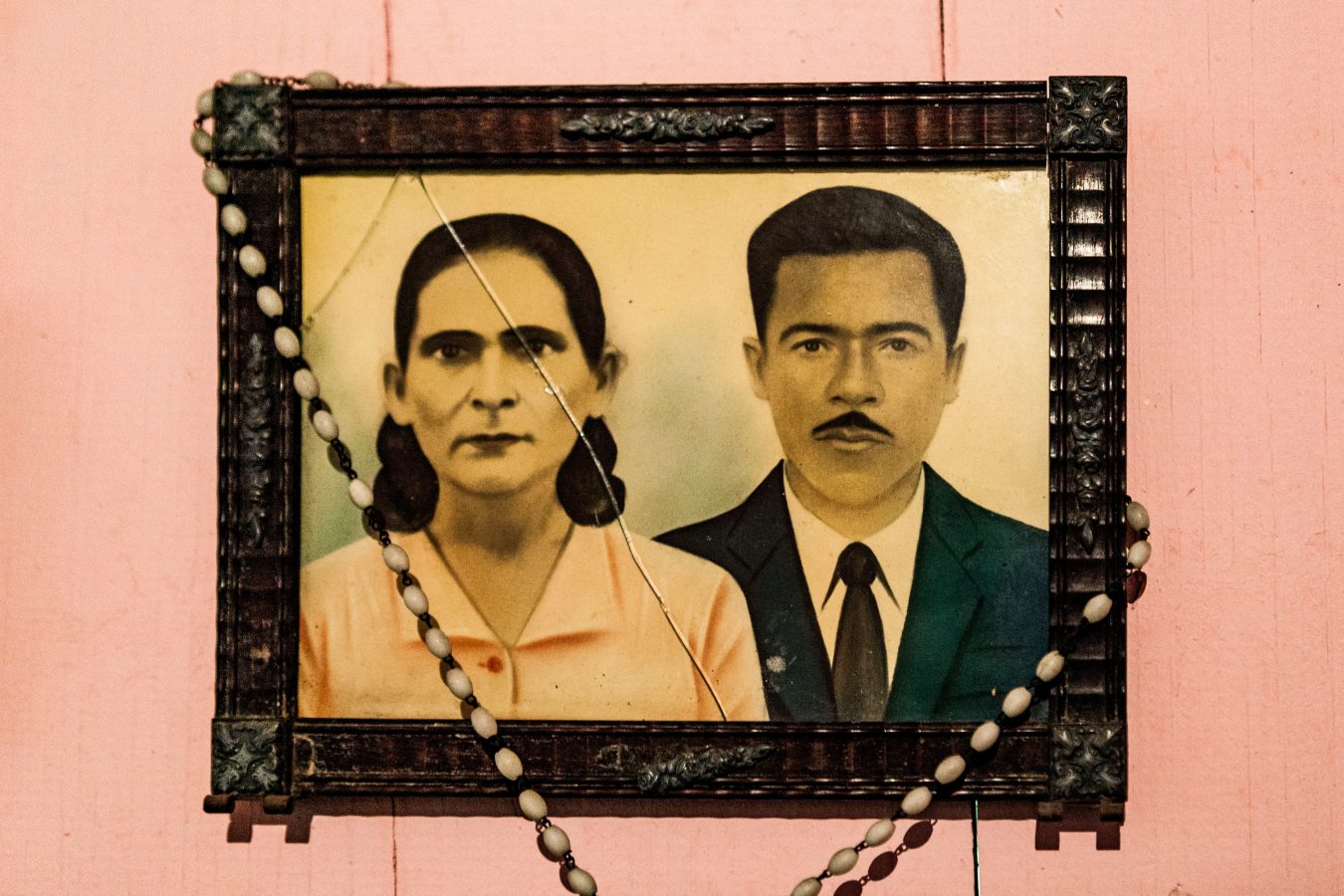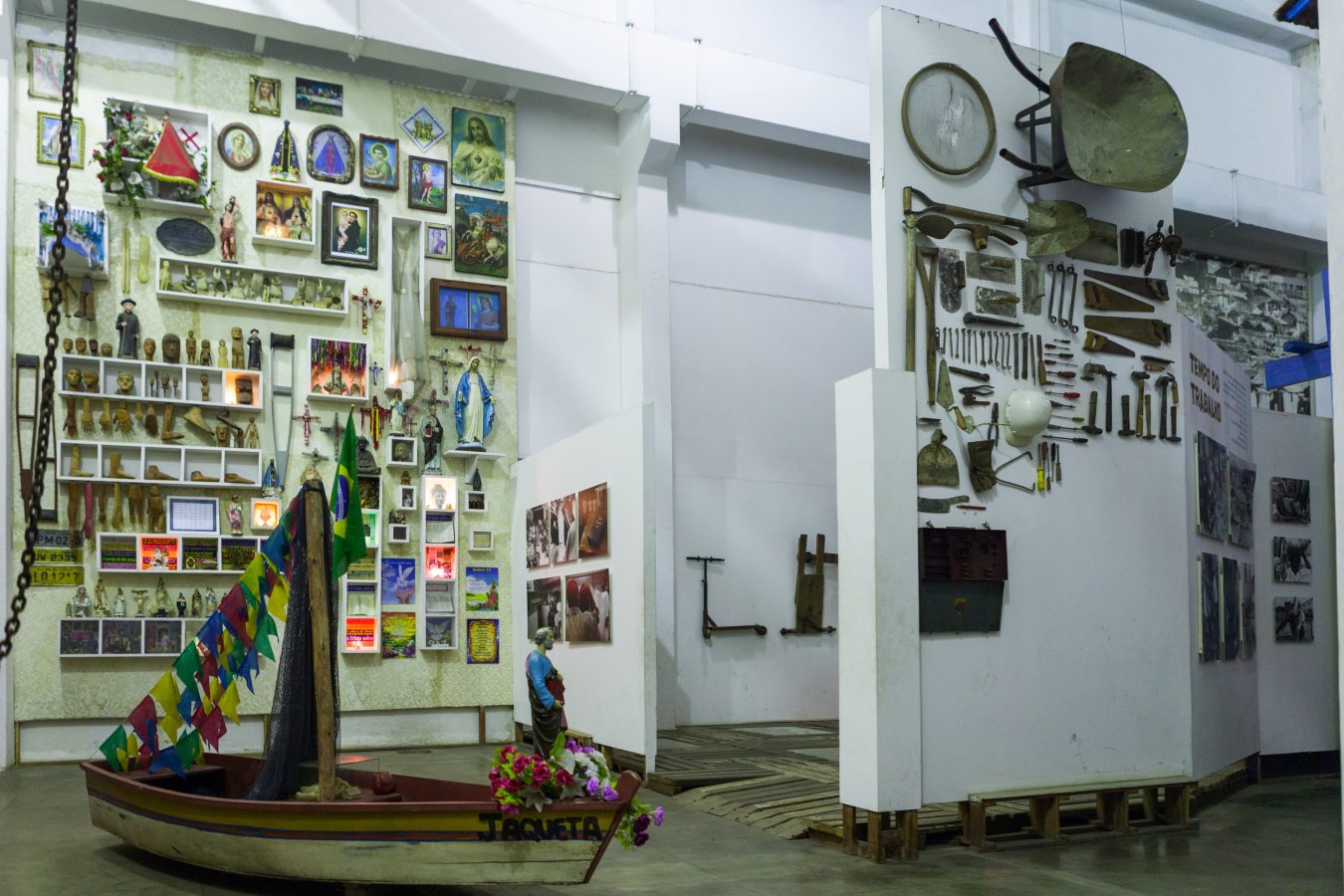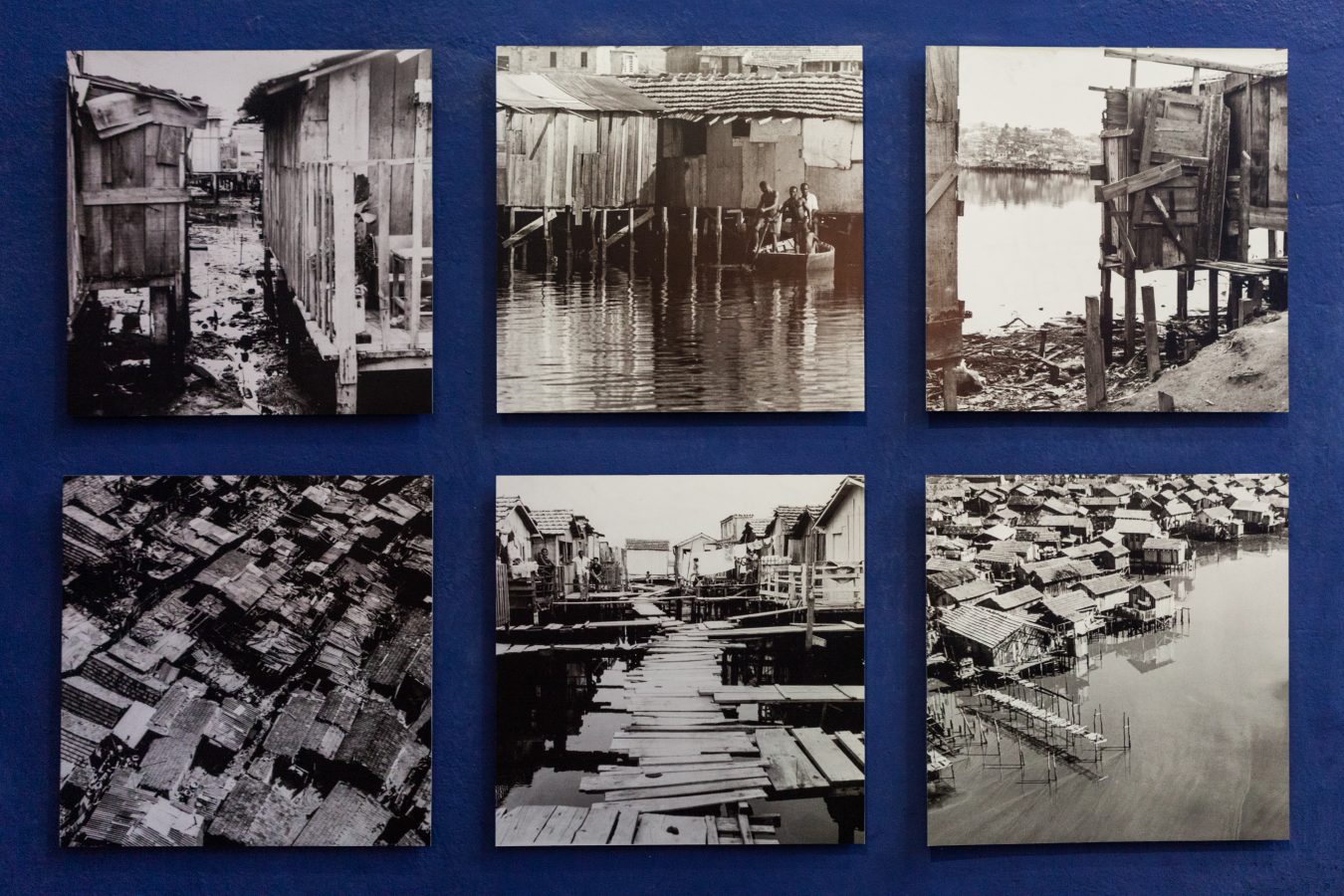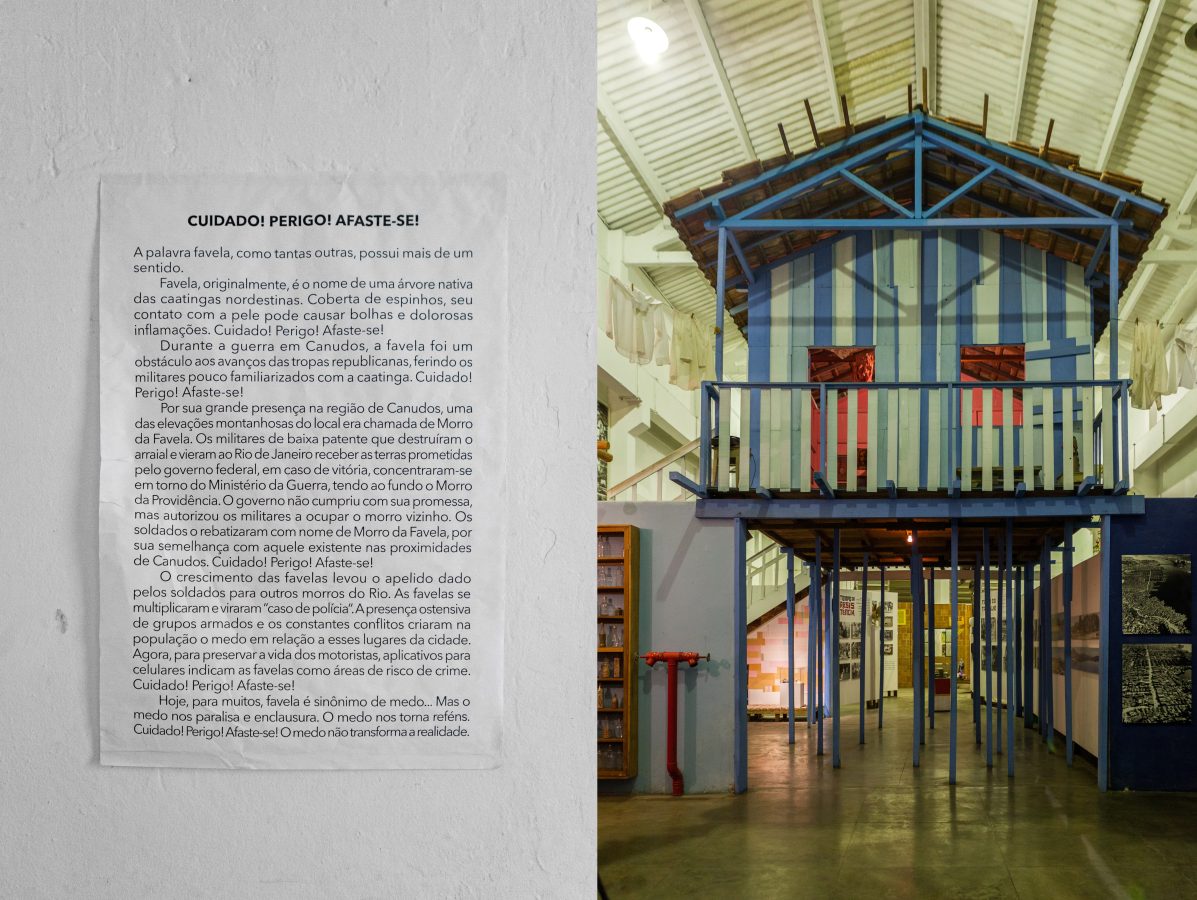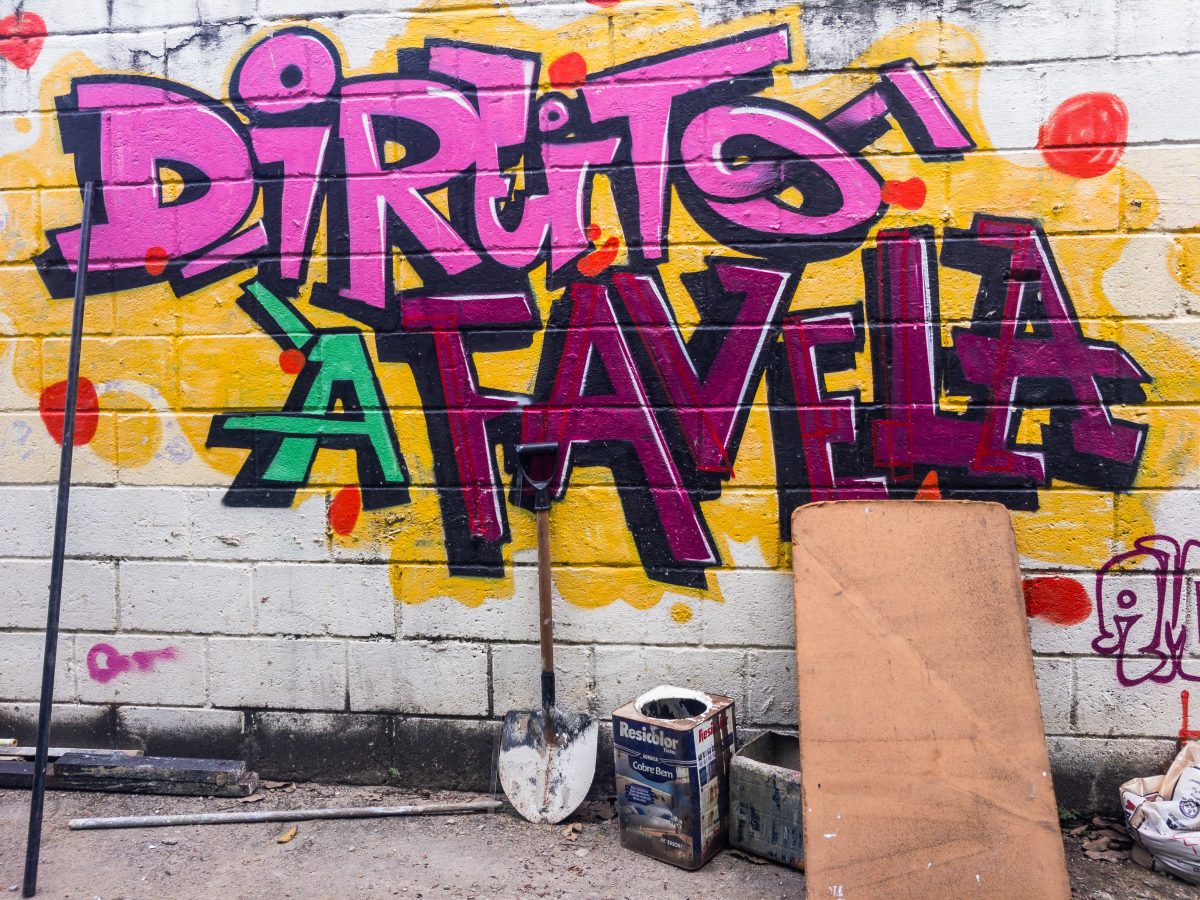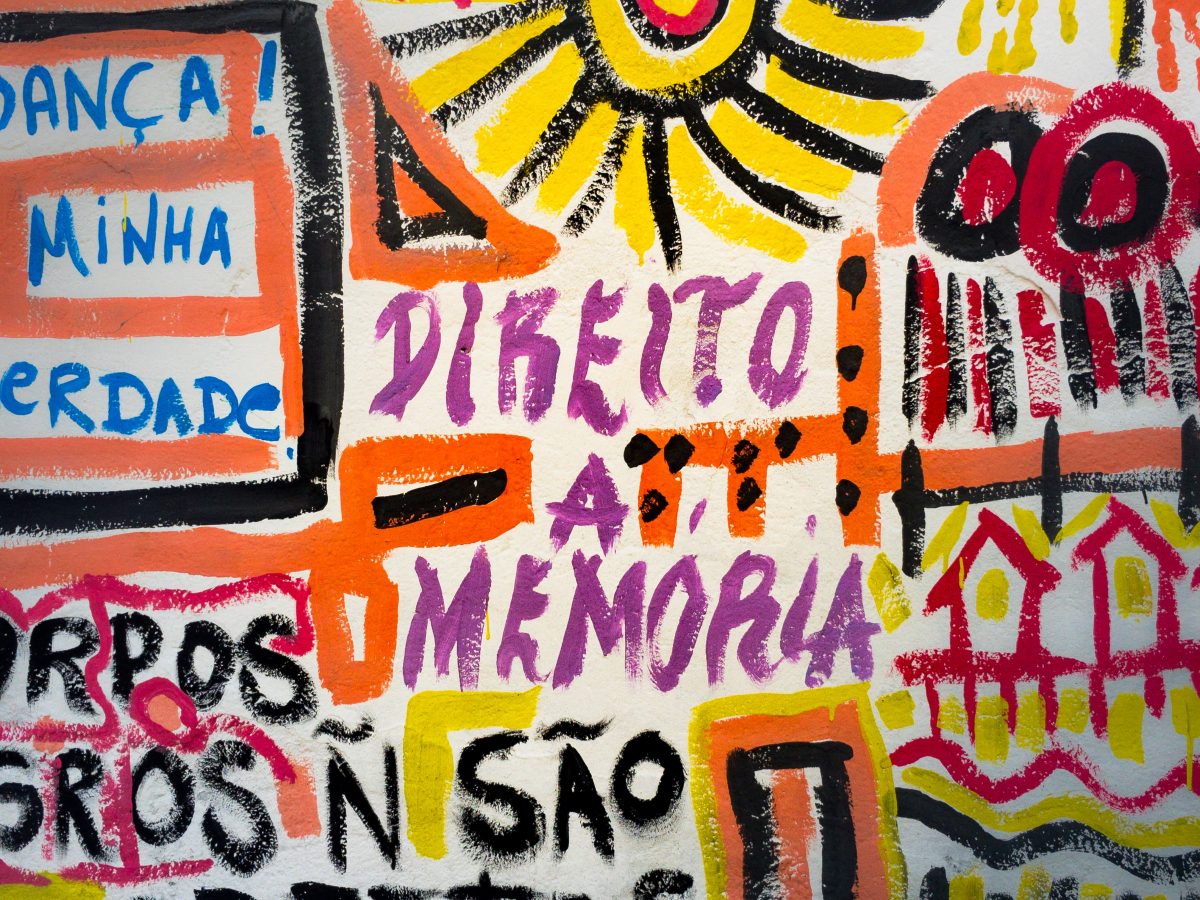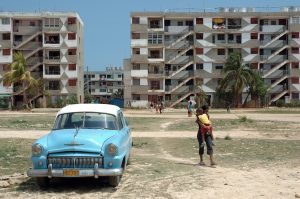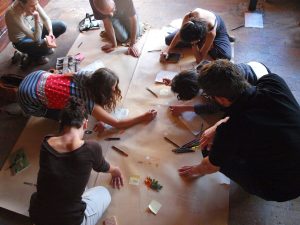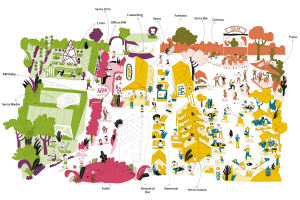Museu da Maré is a community project born out of the desire to preserve memory and identity in a context of poverty and social deprivation. The project, part of the network of social museums of Brazil, was developed by CEASM (Centro de Estudos e Ações Solidárias da Maré), the Maré Center of Study and Community Action, through forums with residents and community leaders.
The permanent exhibition of Museu da Maré is divided into 12 thematic areas that tell the history of the favela.
Tempo da Água (Time of Water) / Tempo da Casa (Time of the House) / Tempo da Migração (Time of Migration) / Tempo da Resistência (Time of the Resistance)/ Tempo do Trabalho / Tempo da Festa / Tempo da Feira / Tempo da Fé (Time of Faith)/ Tempo do Cotidiano / Tempo da Criança / Tempo do Medo / Tempo do Futuro
The Museum is not only a place of memory, but also a meeting space for the community, that hosts workshop of jazz, hip hop dance, theater, craft…
Maré (or Complexo da Maré), in the northern periphery of Rio de Janeiro, is a complex of several favelas with 130.000 inhabitants stacked on 10 sq.km. In 2016, with the incoming World Championship and Olympics, the favela was hidden from the sight of curious visitors crossing the city to attend the sport events. Opaque acoustic panels were installed around the area, and a special paramilitary police was instituted for the control of the territory against narcotraffic. Maré is also the neighbourhood of Marielle Franco, feminist, lesbian, civil right activist, municipal counsellor, who denounced the daily violent repressive actions of the police against the inhabitants of the favelas, killed for her engagement.
We selected Maré and the Museu as one of the focus area for the Recentering periphery project and the cocreation exchange program.
MUSEU DA MARE’ from OGINO KNAUSS on Vimeo.
DIREITO À FAVELA – Museu da Maré from OGINO KNAUSS on Vimeo.
Link & Download
Memory and Resistance – Article in Dérive n. 81
